London, 6 Jumadil Awwal 1436/25 February 2015 (MINA) – With the upcoming political elections in the UK a new initiative the Muslim Manifesto, was launched at the House of Lords on February 23rd.
“I have been in politics for 38 years, I have never come across the Muslim community actually trying to set their own agenda, to see what they need,” Lord Nazir Ahmed told the House of Lords on Monday, February 23, On Islam quoted by Mi’raj Islamic News Agency (MINA) as reporting.
“Britain is one of the greatest countries in the world, where we have in law equality, we are equal members of society… We have nearly 3 million Muslims in this country, they are 4.4% of the population, there are 40 constituencies at least that can be swung with the Muslim vote.
“I’m not saying for one minute, and I would never advise the Muslim community to vote for one party. But what I say is that when you have hustings meetings, you invite the candidate, you give them the Manifesto, you ask them the questions, he who answers your questions correctly, vote for him, or for her, not for a party, as that would be a mistake. We are supporting candidates,” he added.
Also Read: Hundreds Rally in Stockholm to Condemn Israeli Attacks and Ceasefire Violations in Gaza
Lord Ahmed was speaking at the launch of “Muslim Manifesto” consultation process in the House of Lords on Monday.
The session aimed at presenting a list of recommendations about the needs of British Muslims to all political parties ahead of the General Election on March 7. The Muslim Manifesto is a call-to-action and a set of policy recommendations targeting all Muslim and non-Muslim British politicians in local councils and parliament.
Following a nationwide consultation process which began in late January, the final manifesto will be presented to all political parties contesting the General Election
Along with Lord Ahmed, the event “Manifesto Watch” was attended by MPs, Peers, leaders of the Muslim community, academics, thinkers, community activists and media professionals. “I want to unite people, I want to bring people to a clear, common platform,” Mohsin Abbas, one of the manifesto organizers who spearheaded its launch, was quoted by OnIslam.net correspondent.
Also Read: Mass Protests Erupt in Bologna Against Israeli Teams Ahead of EuroLeague Match
Support
The initiate received support from a number of leading politicians, such as David Ward, the elected MP for Bradford East.
“When I look down here (at the Manifesto) I find it difficult to isolate or differentiate the Muslim-bit of it,” he said.
“That is to say that while the issues within the first draft of the Manifesto have been designed to give a greater presence to the Muslim community in the UK, much of the substance of the Manifesto relates to what every person is looking for,” he added.
Also Read: Finland’s Largest Retailer Halts Israeli Product Sales
Contributions and support also came from leading British Muslim scholars such as Syed Ali Raza rizvi who said, “The Muslim leadership in Britain has failed. So far we have been service providers, but we need to become decision makers… When you do not speak for yourselves then others may speak for you.”
“You may dislike it, or you may like it, but that will be your philosophy, your theology, and your mind, if you do not speak for yourself.”
A similar sentiment was shared by Lord Qurban Hussain. “I have to say to our Muslim leaders in the community, that we may want to have a second look at how we are performing as Muslim leaders,” he said.
“The recognition being that for whatever reason, up until now, the Muslim identity, presence and contribution to society has been minimal, a counter to and contrary to the example taught to us in the Qur’an, ‘Conduct your affairs by mutual consultation’,” he added.
Also Read: 1,000th Western Military Supply Plane Lands in Israel Since Gaza War
Shabbir Rizvi added, “All of us have a responsibility on how we take the community forward.’ This philosophy is shared by Ibrahim Taguri, a prospective MP for Brent central.
“Muslims are not one monolithic block, we are a diverse community, we have different views, different traditions, but the same faith… My main campaign as a future MP is to eradicate child poverty in the UK by 2020, an eminently feasible aspiration but one that has been neglected,” he said.
Hina Malik, a teacher, added, ‘There are a lot of women’s issues as well, I’m not just talking about hijabs, I’m talking about marriages, I’m talking about divorces, the system you have to go through. And I feel that this is a very strong forum that we can and all come together towards, united, and work with the government in this country. Tell them how we can work together, as supportive role models going forward: engaging ourselves with this community, with the government, to bring a positive contribution to society.”
One British Community
Also Read: Harvard Builds Archive of Israeli Life, Preparing for “May Not Survive”
Lord Nazir Ahmed stressed that Muslims were not asking for special treatment in elections. “Muslims are not saying that we want special treatment, all we’re asking for is equal treatment. We want to be part of British society… To live peacefully, without being demonized on a daily basis,” he said.
“I am also a strong advocate to say, don’t vote for somebody because he happens to be a Muslim… It is better to have a candidate who supports your cause, whether it is to make sure you are a part of society… There are so many issues that need to be asked,” he added.
Mohsin Abbas agreed stressing that the first state in Islam during Prophet time in Madinah included people from different faiths who lived equally. “Can anyone argue with me, when the Prophet came, his notion of Ummah at that point was Sabians, Christians, Jews and Muslims. It wasn’t exclusively Muslim,” he said.
“Whether we choose now to turn the word Ummah into exclusively Muslim is not my problem, it’s certainly not the definition I saw our Prophet use. Our politics is about Britain, about humanity, the human beings that live in this country.”
Also Read: German Opposition Party Urges End to the Suppression of Pro-Palestinian Movement
“It is important for us as Muslims to recognize how the Prophet identified the Ummah – as a community of people with different faiths who come together for the benefit of the community.
“By failing to understand this very simple concept, over the generations the Image of Islam which significant segments of the Muslim community has propagated has led not to cohesion but to segregation based first on faith, and sadly worse by race.”
“When Muslims understand the Prophetic definition of what it is to be an Ummah, then Muslims will understand the need to be active members of whichever society they live in, not just to seek benefits and rights for Muslims, but to ensure that people of all faiths and backgrounds are afford the same dignity.” (T/P011/R03)
Also Read: Palestinian Football Team Plays Historic Friendly in Spain Amid Solidarity Display
Mi’raj Islamic News Agency (MINA)
Also Read: Paul Pogba and Hakim Ziyech Among Athletes Urging UEFA to Boycott Israel





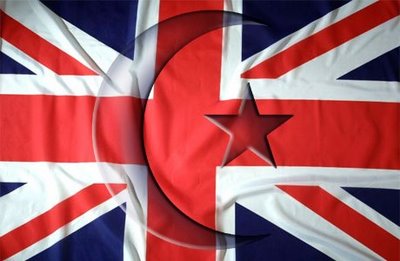


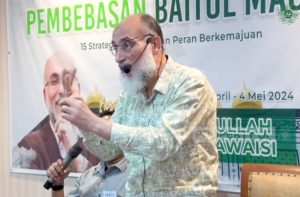
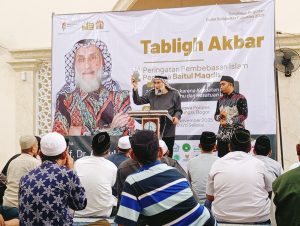

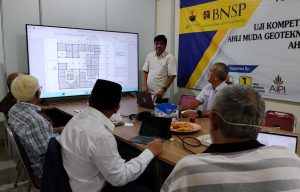

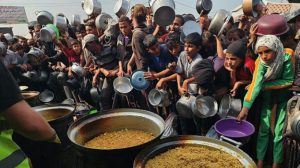


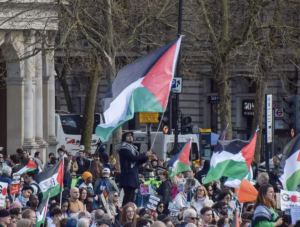


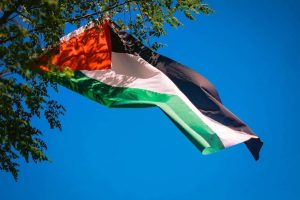
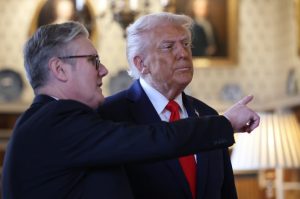
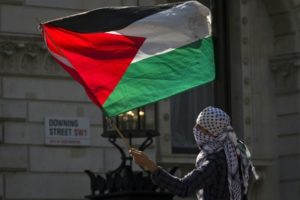














 Mina Indonesia
Mina Indonesia Mina Arabic
Mina Arabic